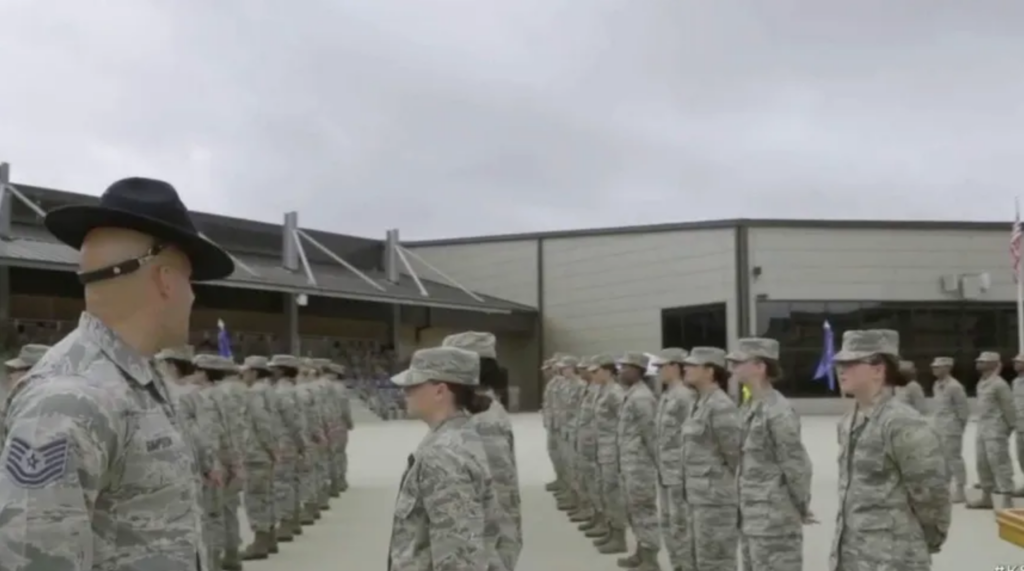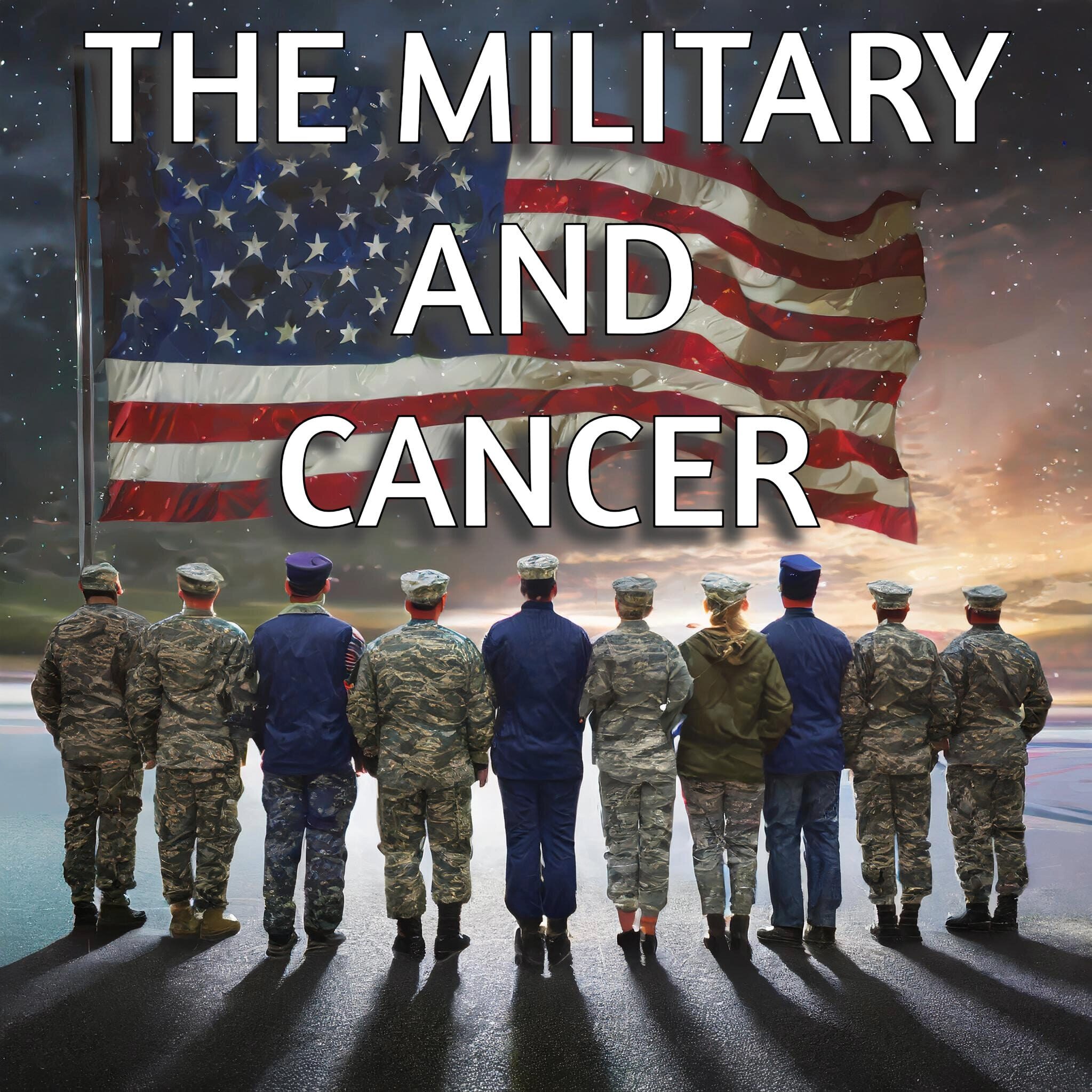
Joint Base San Antonio (JBSA) is a major military installation located in San Antonio, Texas, USA. It is the result of the 2010 merger of three separate military facilities: Randolph Air Force Base, Lackland Air Force Base, and Fort Sam Houston. JBSA serves as a critical hub for various branches of the United States military, including the Air Force, Army, Navy, and Marines. The base is renowned for its significant training and medical facilities, playing a pivotal role in educating and supporting service members, both active duty and reserve, as well as their families.
Regarding the potential health concerns related to veterans who have served at Joint Base San Antonio, it’s essential to note that various factors can contribute to health issues, and there may not be a direct link to the base itself. However, veterans may be exposed to environmental hazards, chemicals, or other factors during their service, which could increase their risk of certain health conditions, including cancers. It’s crucial to consult with healthcare professionals and conduct thorough medical evaluations to determine the exact cause of any health issues. Common cancers associated with military service and potential exposures include:
- Lung Cancer: Exposure to environmental pollutants, asbestos, or chemicals during military service can increase the risk of lung cancer.
- Skin Cancer: Prolonged exposure to the sun without adequate protection, especially in locations with high UV radiation, can increase the risk of skin cancer.
- Prostate Cancer: Although the causes of prostate cancer are complex, some studies have suggested a potential association with military service and exposure to certain chemicals.
- Bladder Cancer: Exposure to various chemicals and contaminants, such as those found in military equipment and installations, may increase the risk of bladder cancer.
- Leukemia: Exposure to ionizing radiation, chemicals, or certain substances during service may be associated with an elevated risk of leukemia.
- Non-Hodgkin Lymphoma: Similar to leukemia, exposure to hazardous materials and chemicals can potentially increase the risk of non-Hodgkin lymphoma.
- Breast Cancer: Female veterans may face an increased risk of breast cancer due to factors such as hormonal changes, lifestyle, and exposures during service.
- Testicular Cancer: While the causes of testicular cancer are not fully understood, some studies have explored potential links to military service and exposures.
It’s important to emphasize that not all veterans who served at Joint Base San Antonio will develop these cancers, and individual risk factors vary. Veterans concerned about their health should seek medical advice and consider participating in health monitoring programs provided by the Department of Veterans Affairs (VA) or other relevant agencies. Additionally, specific research and investigations may be ongoing to better understand the potential health risks associated with military service at JBSA.


